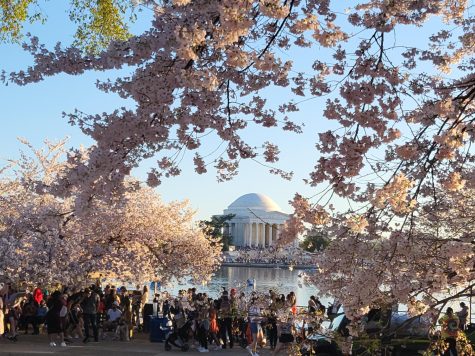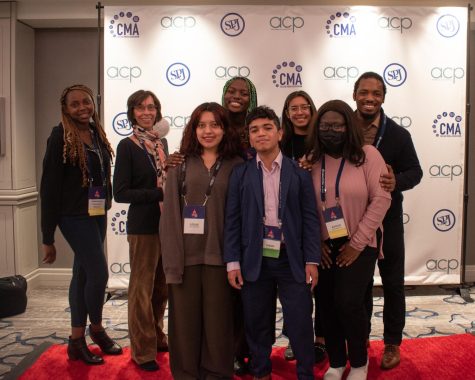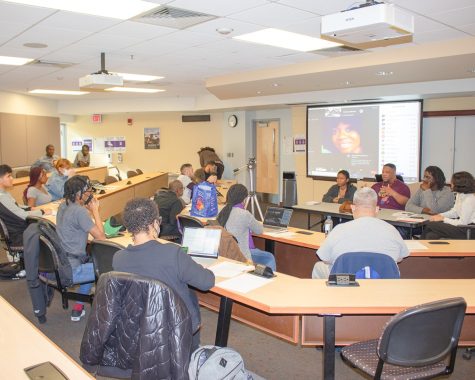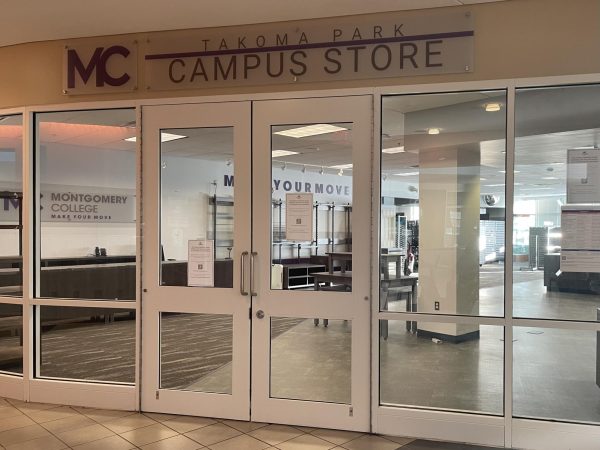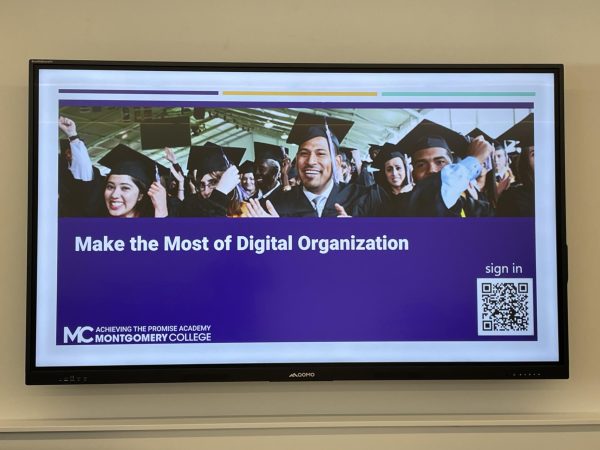What the Biden Administration Has in Store for Community Colleges
The new president promised a raft of measures on campaign, including tuition abolition, expanded loans and grants and debt relief, but most rely on Congress

On his first day of office, President Joe Biden issued an executive order to extend the pause on federal student loan payments and maintain interest rates at 0% until October 2021. The action item seems to be consistent with the president’s promises for higher education during his presidential campaign, which include federal student loan debt relief and investment in postsecondary institutions.
For starters, as a presidential candidate, Biden declared that his administration would make public colleges and universities tuition-free for families with an annual income of less than $125,000. He credits the initial proposal to the College for All Act of 2017, introduced by Senator Bernie Sanders and Representative Pramila Jayapal.
According to his campaign website, the president also aims to double the maximum value of Pell grants and restore access to the Pell program for formerly incarcerated individuals. If President Biden is successful in executing his plan, money from Pell grants and other financial aid programs could also be applied toward “expenses beyond tuition and fees” for community college students.
During his campaign, President Biden also announced his intention to pause loan and interest payments for individuals who make less than $25,000 annually. Those who do not belong to this group would pay “5% of their discretionary income (income minus taxes and essential spending like housing and food) over $25,000 toward their loans,” Biden says.
Under this plan, “debt forgiven through the income-based repayment plan won’t be taxed,” and individuals who fulfill their responsibilities under this payment plan for 20 years will receive loan forgiveness for all outstanding amounts of money.
Plans for Community Service Debt Relief, Tuition-Free Community College
College students can also receive student debt relief through service, Biden promised. Under his administration, a federal program would be created to offer “$10,000 of undergraduate or graduate student debt relief for every year of national or community service, up to five years.” Individuals who work for non-profit institutions would be automatically enrolled in the plan, and a maximum of five years of prior national or community service can also be counted toward eligibility for this program.
Furthermore, recognizing that college students have many responsibilities beyond the classroom, Biden has also declared that his administration will help foster collaborations between community colleges and community-based organizations to provide wraparound support services for any student who may need them. Such services include financial assistance, “child care and mental health services, faculty mentoring, tutoring, and peer support groups,” according to the Biden campaign’s website.
When it comes to community colleges specifically, Biden has promised to devote $8 billion to improving facilities and technology. Another $50 billion will be invested in supporting “partnerships between community colleges, businesses, unions, state, local, and tribal governments, universities, and high schools” that are designed to prepare students for the workforce.
Moreover, the Biden administration aims to partner with state governments to make community colleges tuition-free for up to two years for “every hard-working individual,” including part-time students, DREAMers, and non-recent high school graduates. Under this plan, the federal government will cover up to 75% of the cost for most community colleges and “up to 95% of the cost for Indian Tribes operating community colleges serving low-income students.” State governments will pay for the remaining amounts.
New Federal Grants Proposed; Student Loan Forgiveness Depends on Congress
Last but not least, included in Biden’s plan for higher education are two new federal grant programs. One will be established to support academic and advising services, faculty recruitment and retention, and credit articulation agreements, among others. The other will assist community colleges in providing emergency funds to students who encounter “unexpected financial challenge[s]” that may affect their enrollment status.
Most recently, in response to Democratic lawmakers’ calls for an executive action to cancel up to $50,000 in student loan debt for all student borrowers, the White House’s Press Secretary, Jen Psaki, states that President Biden is “calling on Congress to draft the proposal” and “will look forward to signing it.” Given the president’s approach to higher education during his campaign, it is likely that pressure for him to keep his promises and even go further to make college more affordable will continue for at least the next four years.





